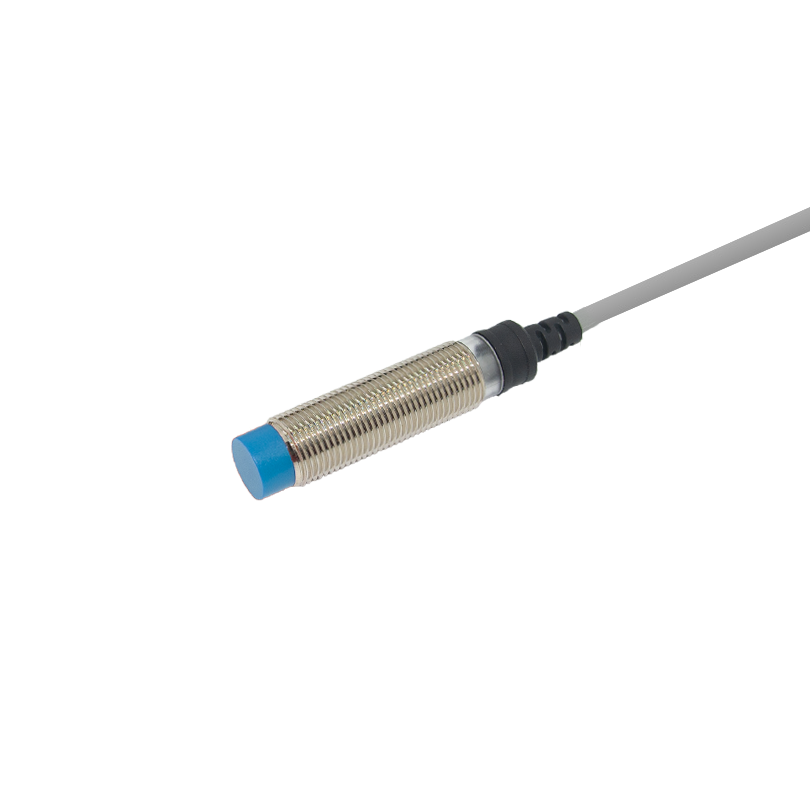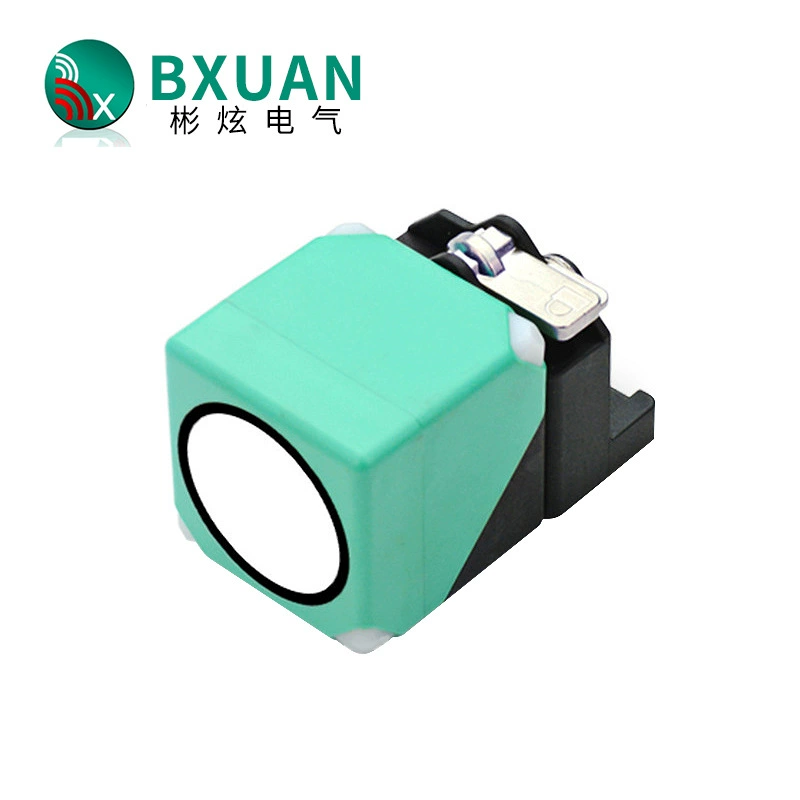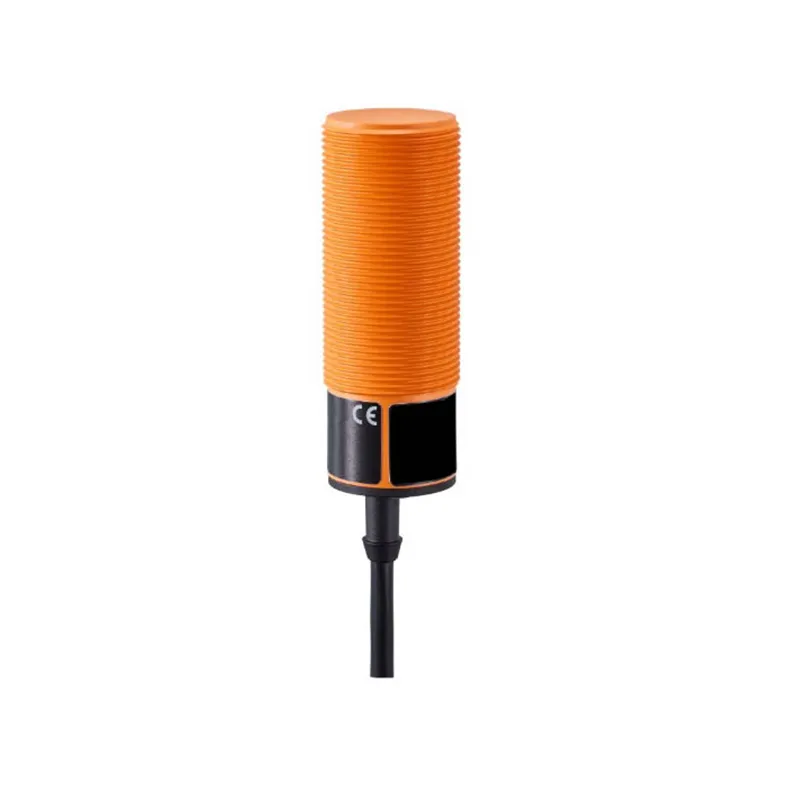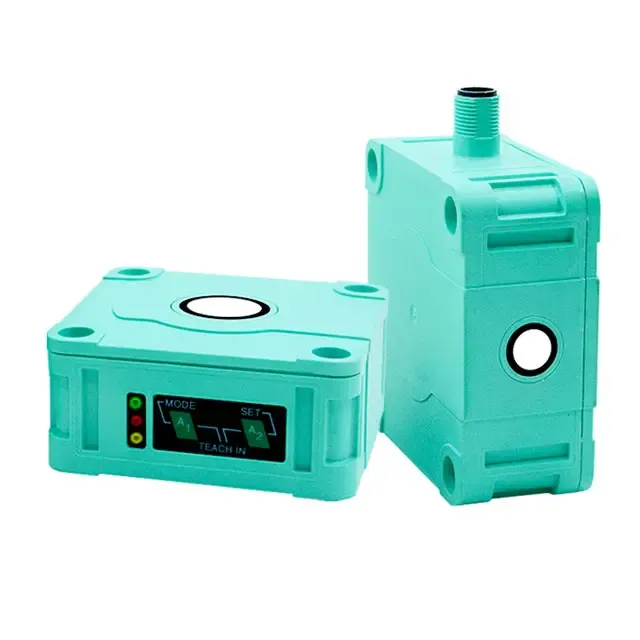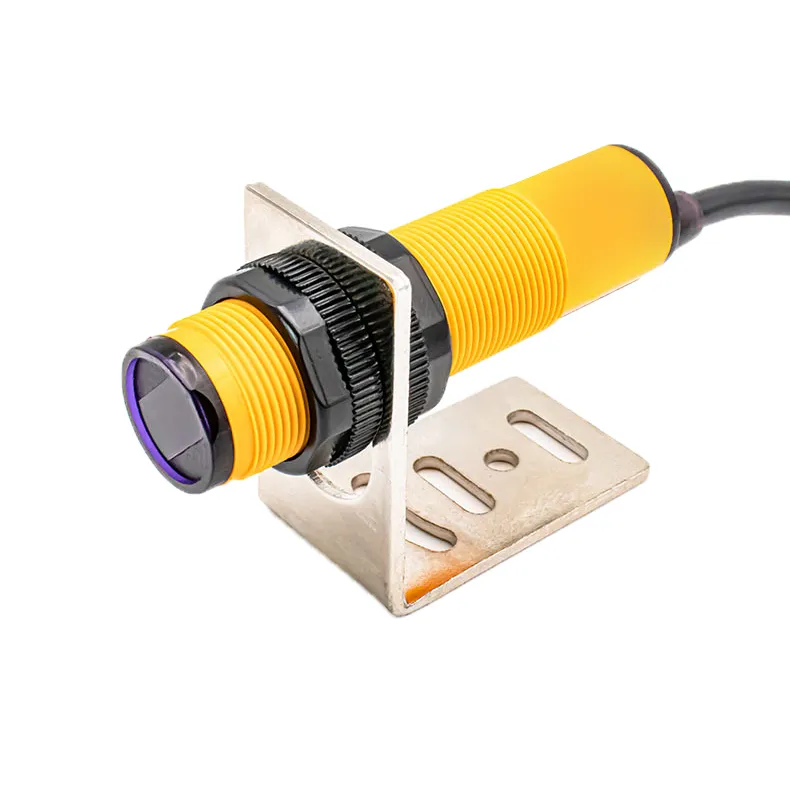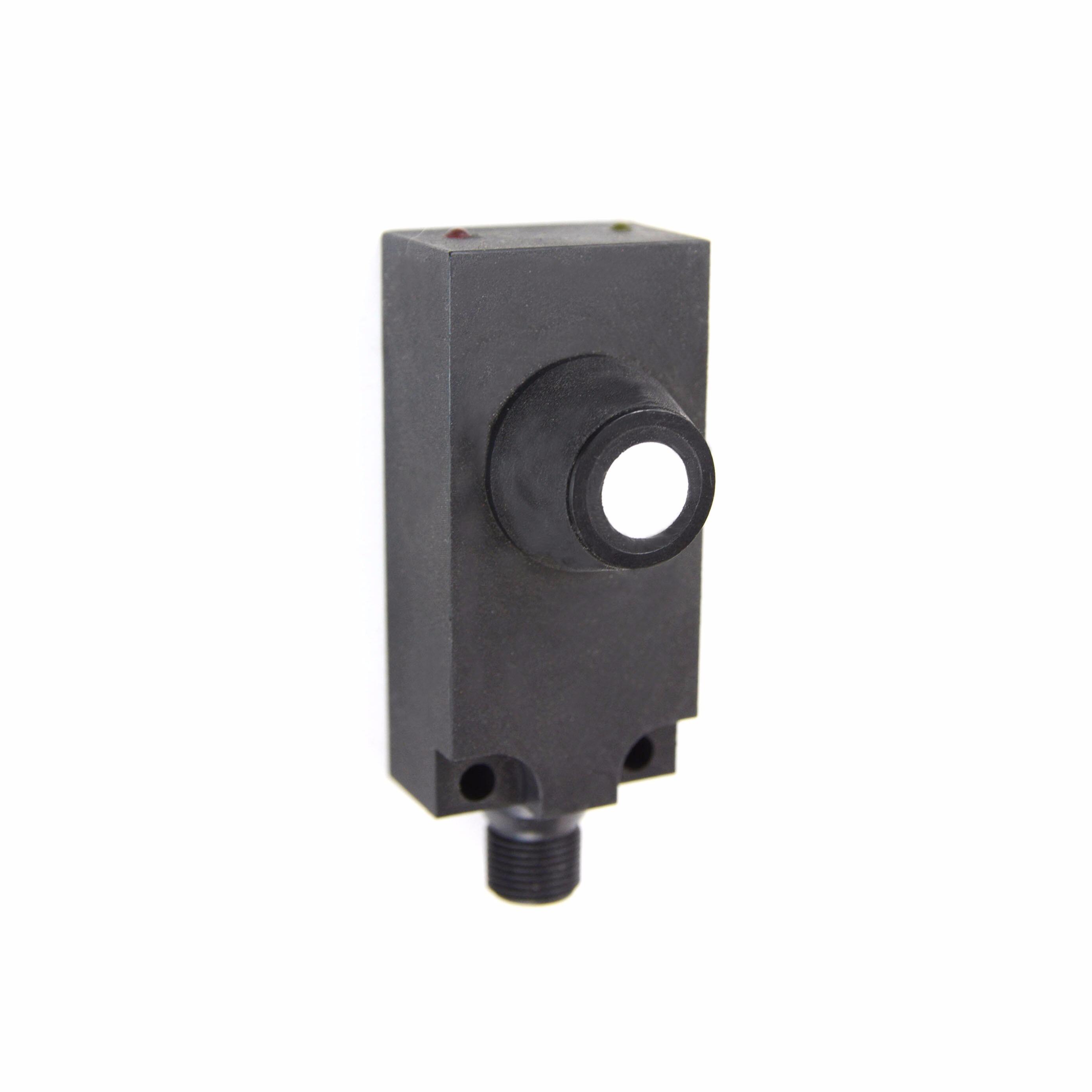ikke-kontakt kapacitiv nivausensor
En ikke-kontakt kapacitiv nivåsensor repræsenterer en sofistikeret måleteknologi, der anvender kapacitive føre princippet til at bestemme væske- eller faststofniveauer i beholdere uden fysisk kontakt. Denne innovative enhed fungerer ved at oprette et elektromagnetisk felt mellem sin føleelement og målet, og måler ændringer i kapacitans, når niveauet af materialet ændrer sig. Sensoren består af en probeelektrode, typisk monteret eksternt eller gennem beholderens væg, samt avanceret elektronik, der behandler de kapacitive målinger. Teknologien er fremragende til registrering af niveauer gennem ikke-metalliske beholdervægge, hvilket gør den særlig værdifuld i applikationer, der kræver sterile forhold eller håndtering af ætsende materialer. Sensorens evne til at fungere uden direkte kontakt med det målte stof sikrer en længere driftslevetid og minimale vedligeholdelseskrav. Den kan nøjagtigt måle niveauer af forskellige materialer, herunder væsker, granulater og pulver, og bibeholder pålidelig ydeevne selv under udfordrende industrielle forhold. Sensorens alsidighed omfatter også evnen til at registrere grænsefladeniveau mellem forskellige materialer, såsom olie og vand, hvilket gør den uvurderlig i processtyringsapplikationer. Avancerede modeller indeholder temperaturkompensation og automatisk kalibreringsfunktioner, der sikrer konsekvent nøjagtighed under varierende driftsbetingelser. Med måleområder, der typisk strækker sig fra få centimeter til flere meter, leverer disse sensorer afgørende data til lagerstyring, proceskontrol og sikkerhedssystemer i mange industrier.

